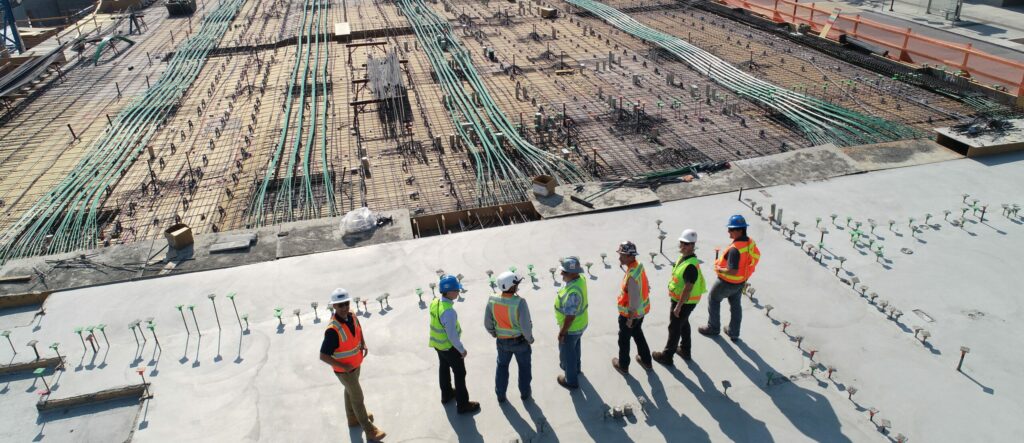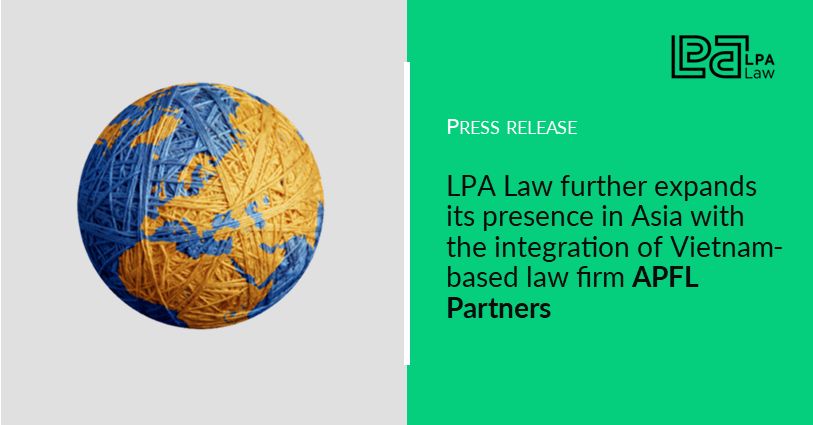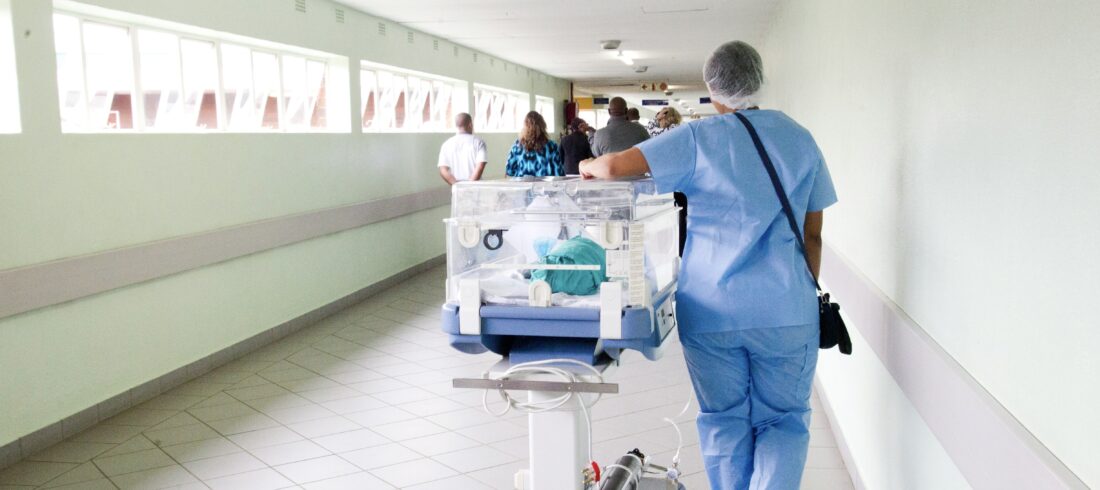Prime Minister Urges Acceleration of Major Transport Projects

The Engine of Economic Growth
Transport infrastructure is one of the engines of economic growth. Roads, ports, airports, and rail are the arteries that facilitate the flow of goods within and across borders. As such, global trade depends on the development of modern transport infrastructure and logistics to accelerate the speed at which these goods reach companies and their consumers.
In 2019, the World Economic Forum ranked Vietnamese transport infrastructure 66th out of 141 countries worldwide. Vietnam is now undergoing a major overhaul of its transport networks in order to become a more competitive trading nation and boost economic growth. In that spirit, public and private sector spending on infrastructure rose from just 2.6 per cent of GDP in 2016 to around six per cent in 2022.
In 2021, the government published a masterplan for the development of Vietnam’s transport infrastructure, set to cost between USD 43 billion and USD 65 billion over the course of this decade. Similar action plans have also been published for the rail sector. For instance, Resolution No. 178, published in 2023, earmarked billions in funding for the north-south railroad.
Bridging the Funding Gap
The G20 predicts that, between 2020 and 2040, Vietnamese investment in rail will need to rise from USD 13.2 billion to USD 18.3 billion. Meanwhile, investment in roads is set to almost double over two decades – from USD 69 billion to USD 118 billion.
It is estimated that, in total, state funding will be able to meet just 60 per cent of the annual USD 25 to USD 30 billion required to meet Vietnam’s total infrastructure development needs. Therefore, private finance will need to help bridge these gaps.
Roadblocks and Bottlenecks
Last week, the Prime Minister of Vietnam urged delegates at the ninth session of the Steering Committee for Key National Transport Projects to accelerate the construction of 34 major transport infrastructure projects being built nationwide, including five rail and two airport projects.
Speaking to representatives of 46 provinces and cities on 16 February, the Prime Minister highlighted some of the challenges facing major transport infrastructure projects such as long investment procedures, slow site clearance, poor coordination, and bottlenecks in the disbursement of Official Development Assistance (ODA).
He emphasised that most of the USD 26 billion earmarked for infrastructure investment in 2024 will go to transport projects which, once completed, should make Vietnam more competitive and boost growth in different sectors and industries.
APFL Partners has represented a range of international clients investing in infrastructure projects in Vietnam. To find out more about our work in this area, or opportunities for foreign enterprises, just contact us on: contact@apflpartners.com


